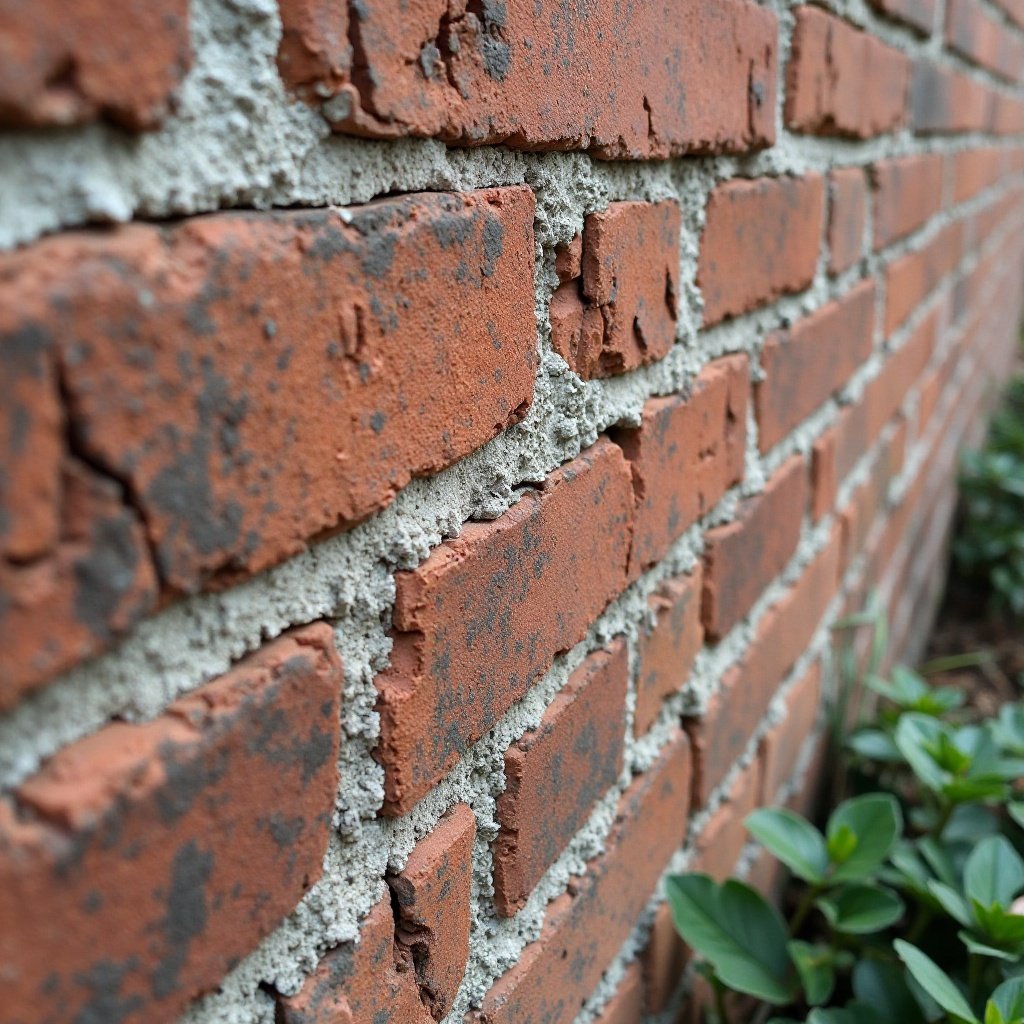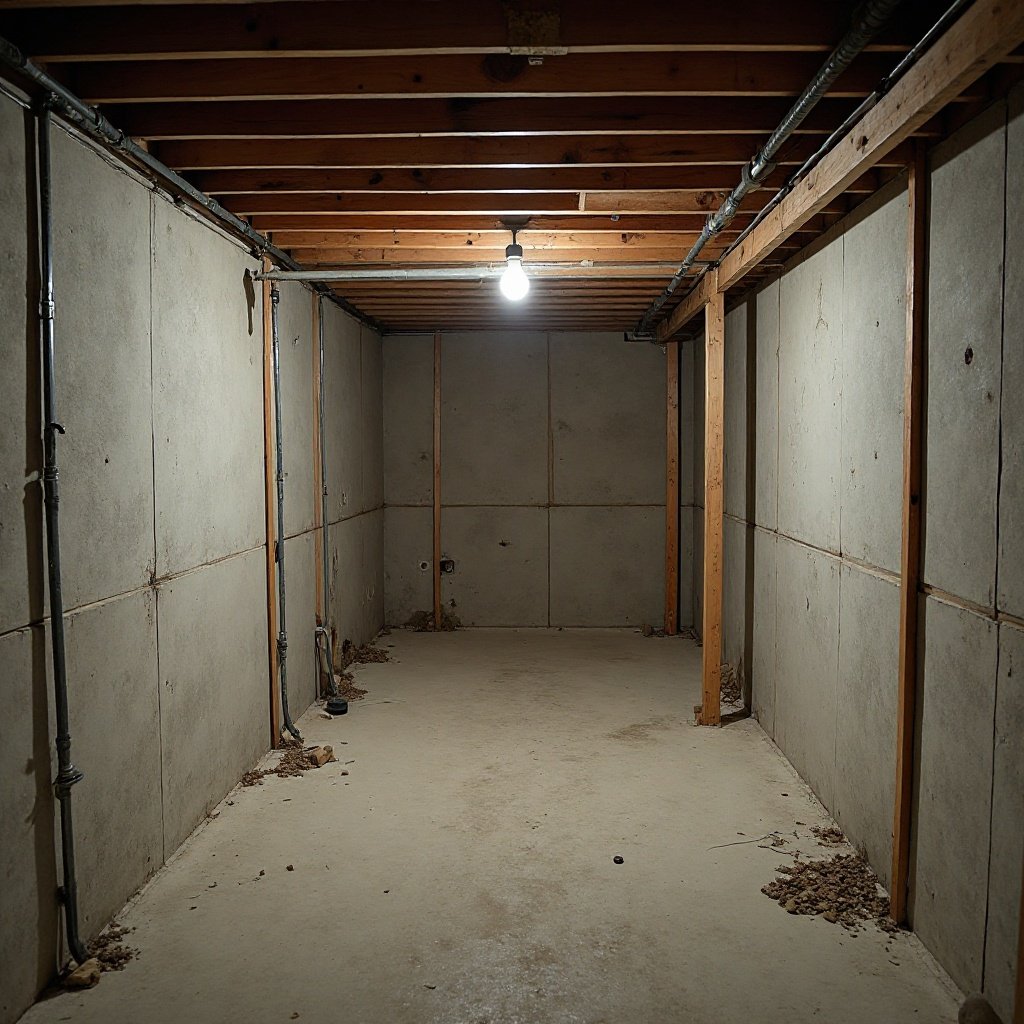Homeowners in Clyde, NC see a mix of clay soils, steep lots, and seasonal rain. That combination can shift, settle, and crack a foundation faster than most expect. The good news: early signs are clear if someone knows where to look. The earlier residential foundation repair happens, the cleaner the fix and the lower the bill. This guide explains how to spot urgent problems, what the likely causes are in Haywood County soils, and how a local foundation repair company approaches solutions.
Why early action matters in Clyde, NC
Small symptoms often point to bigger soil movement. A hairline crack can become a stair-step split in a few seasons. A sticky door can become a racked frame. Waiting tends to raise the foundation repair Clyde NC cost because the crew has to stabilize more area, lift more weight, or rebuild more masonry. Acting fast usually means simpler concrete foundation repair and a shorter workday at the home.
High-urgency warning signs that should not wait
Certain changes call for a same-week assessment. These are the issues a top rated foundation repair Clyde NC team treats as urgent:
- New diagonal cracks from window or door corners, wider than a quarter inch, especially if growth is visible week to week Doors that suddenly scrape, latch off-center, or swing open on their own after rain or a cold snap Gaps opening between baseboards and floors, or trim pulling from walls on one side of the room Stair-step cracks in brick or block, or shearing cracks at the garage opening Sloped floors you can feel when walking, or a rolling marble test that picks up speed
If any of these match what is happening at the home, it is wise to book a foundation inspection in Clyde within a few days. Moisture swings and freeze-thaw cycles in winter can escalate movement fast.
Local causes: Clyde soils and site conditions
Most foundation movement in Clyde comes down to water and soil type. Many neighborhoods, from Thickety to the Pigeon River area, sit on clay-rich soil. Clay swells when wet and shrinks when dry. That cycle heaves and drops a footing. On sloped sites, runoff can cut along the foundation and remove support. Downspout discharge at the base of the wall is a frequent trigger. Poor crawl space ventilation adds moisture that softens soils, while leaking supply lines or a failed gutter can saturate a corner. In older homes, shallow footings and unreinforced block walls have less tolerance for movement than newer reinforced concrete foundations.
What is urgent versus what can wait a little
Hairline shrinkage cracks in new concrete, less than an eighth of an inch and stable for months, are common. Those can be monitored and sealed. By contrast, a widening crack, a door that changes with weather, or a recurring musty odor with efflorescence on basement walls suggests active moisture and movement. A homeowner who sets a dated piece of tape over a crack and sees it stretch or tear within weeks is likely seeing ongoing settlement. That deserves quick attention.
Simple checks a homeowner can do before calling
A few low-tech checks help frame the problem and prioritize service:
- Take photos of cracks with a coin for scale, then repeat in two weeks to spot growth Use a 4-foot level on suspect floors and along window headers to note slope or sag Open and close each interior and exterior door; note any new rub or misalignment Look outside for downspouts that discharge near the foundation or erosion channels Scan crawl space or basement for wet soil, standing water, or white mineral staining
These notes help a foundation repair company diagnose faster and recommend the right fix.
Common repair paths and how they work
Every structure behaves a little differently, but the core methods are consistent and proven.
Piering or underpinning for settlement. Steel push piers or helical piers are driven to stable strata and bracketed to the footing. The crew then lifts or stabilizes the structure. On many Clyde lots, pier depth ranges from 12 to 25 feet, depending on soils. This is the go-to for sinking corners, long diagonal cracks, and door misalignment.
Wall stabilization for bowing or leaning. Basement or crawl space walls that bow inward often need carbon fiber straps or steel I-beams. Carbon fiber is low-profile and ideal for minor to moderate bowing. Heavier displacement may call for beams anchored at the floor and framed to the joists.
Slab repair for interior cracking and voids. Interior concrete slabs with voids can be supported with polyurethane foam injection or cementitious grout. The foam raises gently and fills gaps under kitchens, hallways, or garage slabs.
Drainage and moisture control. Many Clyde homes benefit from exterior grading correction, extended downspouts, or a French drain. Inside, a perimeter drain with sump pump controls groundwater and relieves hydrostatic pressure. Often, combining drainage with structural repair cuts future risk.
Crack sealing and water management. Epoxy injection welds a structural crack; polyurethanes stop active leaks. Neither replaces stabilization if the footing is moving, but they seal the envelope and protect finishes.
What affects foundation repair Clyde NC cost
Costs vary with the symptoms, access, and soil. Homeowners commonly ask for a range. A local estimate looks like this:
- Push or helical piers: often 2,000 to 3,500 per pier installed, with many homes needing 4 to 10 piers along a settling wall Carbon fiber reinforcement: often 450 to 900 per strap, spaced every 4 to 6 feet Steel I-beam bracing: often 900 to 1,800 per beam Interior drain and sump: often 3,000 to 9,000 depending on linear feet and pump size Polyurethane slab lift: often 8 to 18 per square foot, with minimums for small areas
Tight access, rock, utilities, and finished interiors can shift the number. The fastest way to get a real figure is a site visit with measurements and a soil read.
How a local inspection typically runs
A thorough residential foundation repair Clyde NC inspection takes 60 to 90 minutes for an average home. The technician walks the exterior first, noting grading, gutters, and crack patterns. Inside, they measure floor elevation changes, check door and window operation, and inspect the crawl space or basement for moisture, wood rot, or pier damage. Expect clear photos, a sketched floor map, and specific recommendations. A reputable foundation repair company will explain what must happen now and what can wait.
Preventive steps that extend the life of a repair
After concrete foundation repair Clyde NC homeowners can protect the investment with simple habits. Keep downspouts discharging at least 6 to 10 feet from the foundation. Maintain a gentle slope away from the house, about 6 inches over the first 10 feet. Do not let mulch or soil touch siding; leave a visible gap. In crawl spaces, keep a quality vapor barrier intact and use dehumidification if humidity runs high in summer. Fix plumbing leaks quickly. These low-cost habits hold the soil in a stable moisture Functional Foundations foundation repair company band and reduce seasonal movement.
A brief local example
A ranch in East Clyde showed a quarter-inch stair-step crack above the garage and a bedroom door that stuck every time it rained. Photos taken two weeks apart showed the crack lengthen. The inspection found roof runoff dumping beside the garage and a soft footing along that wall. The crew installed six helical piers along the affected section, lifted the corner about three-quarters of an inch, epoxied the cracks, and extended downspouts. Work wrapped in two days with minimal disruption. The door swings true now, and the crack has stayed tight for more than a year.
When to call and what to ask
It makes sense to call at the first sign of movement, even if the plan is only to monitor. Ask for a written scope that explains the cause, the method, and what success looks like. Ask how movement will be measured after repairs. Ask about warranty terms and transferability if selling the home. A top rated foundation repair Clyde NC provider will answer directly, show past work in nearby neighborhoods, and give a clean estimate with line items.
Ready for a clear answer?
Functional Foundations serves Clyde and nearby communities with inspections, concrete foundation repair, and drainage solutions grounded in local soil behavior. If doors stick, cracks grow, or floors slope, schedule a visit. Quick diagnostics lead to stable homes and fair costs. For foundation repair Clyde NC and residential foundation repair Clyde NC you can trust, request an inspection today.
Functional Foundations provides foundation repair and restoration services in Asheville, NC, and nearby areas including Hendersonville and Clyde. The team handles foundation wall rebuilds, crawl space stabilization, subfloor replacement, floor leveling, and steel-framed deck repair. Each project focuses on stability, structure, and long-term performance for residential properties. Homeowners rely on Functional Foundations for practical, durable solutions that address cracks, settling, and water damage with clear, consistent workmanship.
Functional Foundations
Asheville, NC, USA
Phone: (252) 648-6476
Website: https://www.functionalfoundationga.com, foundation repair Clyde NC
Map: View on Google Maps

